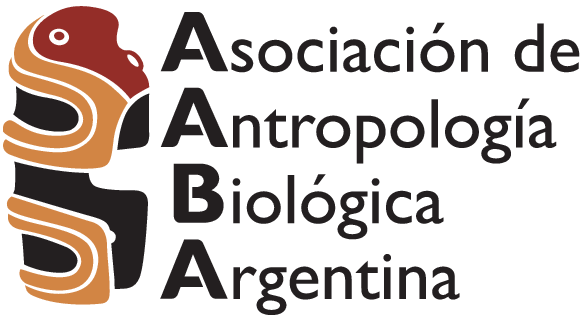Accumulated degree days (ADD) and sequence of desarticulation in the reconstruction of post-mortem interval (PMI). A contribution to forensic taphonomy
DOI:
https://doi.org/10.17139/raab.2019.0021.01.07Abstract
This paper presents the results on the relationship between the disarticulation sequence of Equus caballus) and the postmortem interval (PMI). For this purpose, we proposed the linear regression equation developed by Megyesi, Nawrocki and Haskell (2005) in which the local temperature data and state of conservation of Equus caballus are used to obtain the ADD (accumulated degree (°C) days) and infer the PMI. The use of forensic comparative data on animal and human remains recovered in other environmental contexts allows us to conclude that, despite the isomorphism between different species, local factors, mainly temperature, may produce a significant delay in the sequence of disarticulation of Equus caballus during the first seven months postmortem. Although this study is preliminary and further research at regional and micro-regional level is required, it can be concluded that there are no significant differences between the PMI expected, derived from Megyesi’s equation, and the real PMI, so this type of measurements can be expected to be applied in discrete contexts in which environmental variables are identified and quantified
Downloads
Metrics
Downloads
Published
How to Cite
Issue
Section
License
The RAAB is a diamond-type open access journal. There are no charges for reading, sending or processing the work. Likewise, authors maintain copyright on their works as well as publication rights without restrictions.



























